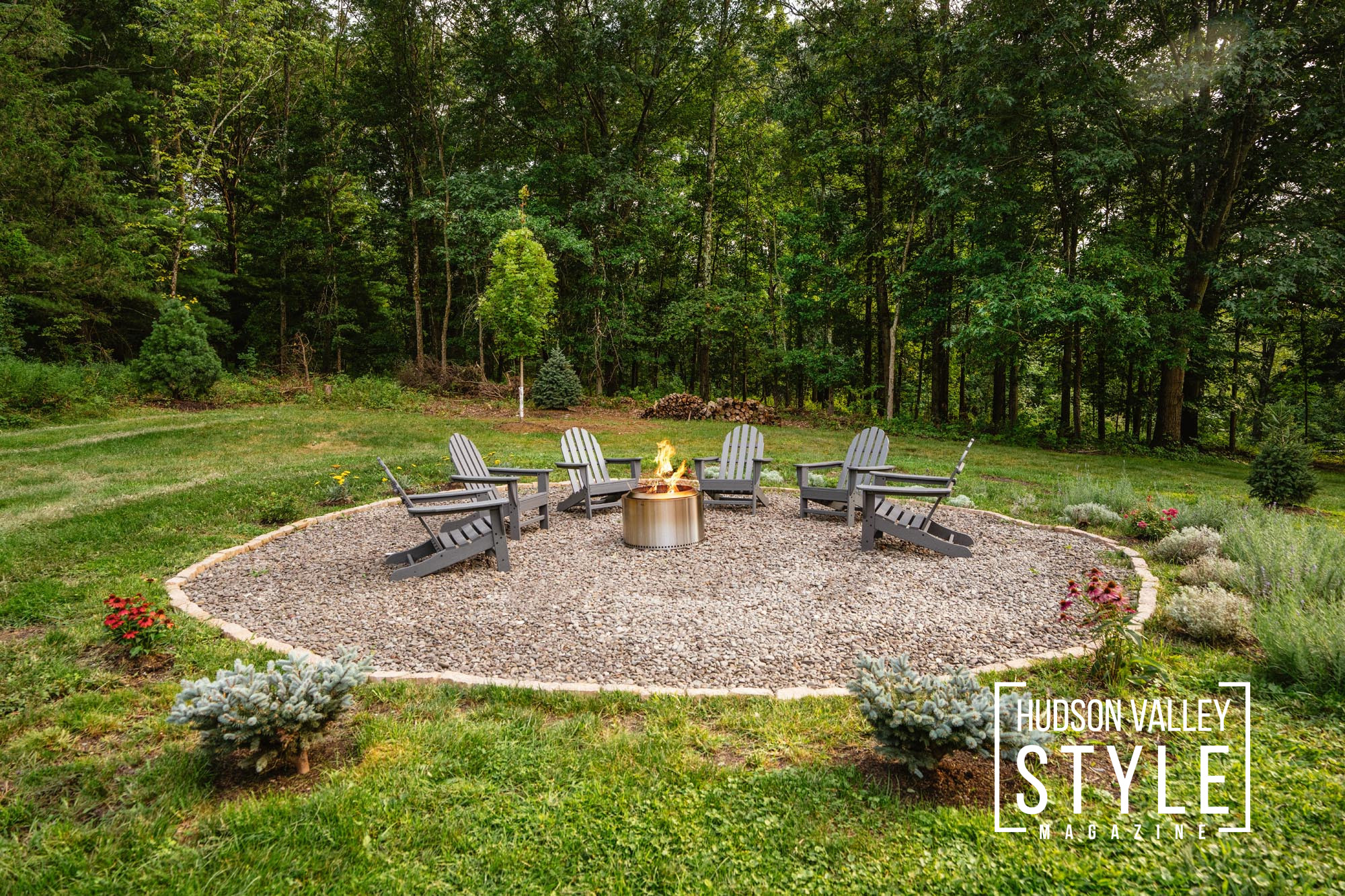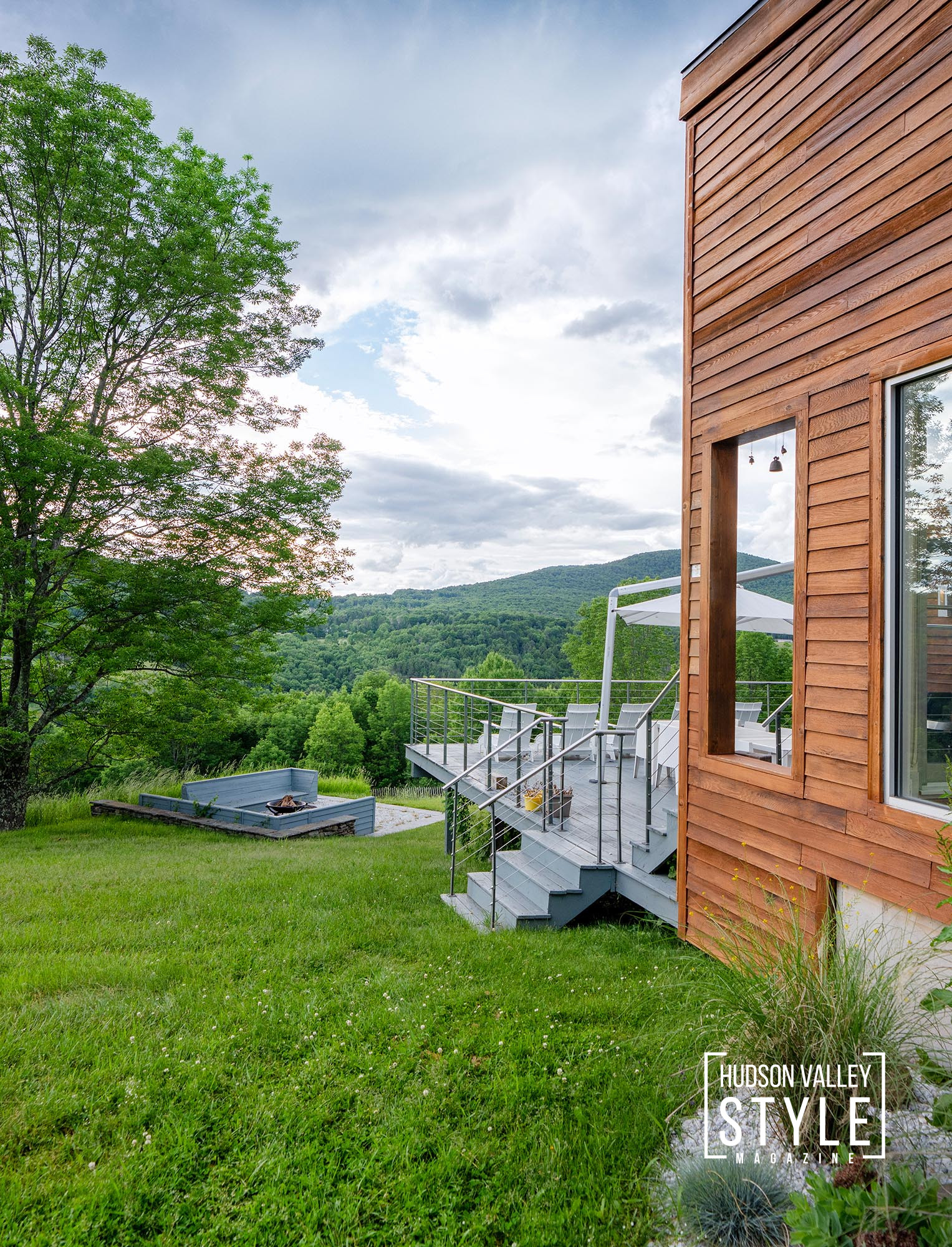In the cosmically intricate web of our global ecosystem, the marriage of technology and environmentalism offers a beacon of hope. One such confluence is the rise of the sharing economy, spearheaded by platforms like Airbnb. At first glance, these platforms seem to be more about convenience and cost-saving. Dig deeper, however, and you’ll discover that they also have a vital role to play in sustainability and the global fight against climate change.
The Sharing Economy and Its Role in Combatting Climate Change: A Glimpse into the Hudson Valley and Catskills – By Maxwell Alexander, MA, BFA, NYS Licensed Real Estate Education Instructor – Presented by Alluvion Vacations

1. Lowered Carbon Footprint through Shared Resources
Traditional models of tourism and hospitality rely on large-scale infrastructure – expansive hotels, mega-resorts, and the like. These establishments consume vast amounts of energy for construction and operation. By contrast, Airbnb taps into already existing resources (homes and apartments) that don’t require new constructions or land developments. The lowered need for infrastructure not only reduces physical waste but also minimizes the carbon footprint associated with large-scale establishments.

2. The Revitalization of the Hudson Valley and Catskills
Historically rich and naturally splendid, regions like the Hudson Valley and Catskills have seen a resurgence thanks to platforms like Airbnb. Instead of massive resorts altering the landscape, homeowners open their doors, preserving the natural beauty of the area. This not only reduces environmental strain but has a socio-economic impact as well.

3. Economic Boost to Local Communities
The Hudson Valley and Catskills have witnessed a surge of tourists who prefer a more genuine, local experience. This influx has bolstered local businesses, from cafes to antique shops, breathing new life into the economy. With more tourism dollars staying local, communities can invest in further sustainable initiatives, creating a positive feedback loop.

4. Supporting Organic and Local Agriculture
The experiential nature of Airbnb has driven tourists to seek authenticity, which often leads them to local, organic farms. Not only does this offer a unique experience for visitors, but it also supports local farmers who practice sustainable agriculture. Organic farming reduces soil erosion, increases soil fertility, and uses less energy and water than traditional farming methods.

5. A Conscious Shift Towards Sustainability
As more travelers opt for Airbnb accommodations, there’s been a noticeable shift in community thinking. Homeowners become ambassadors for their region, often encouraging sustainable practices. In areas like the Hudson Valley, hosts are more likely to highlight eco-friendly activities, fostering a culture of consciousness and respect for the environment.

6. Reduced Strain on Urban Environments
By spreading tourism across broader areas, platforms like Airbnb reduce the congestion and strain on overburdened urban centers. This distribution helps minimize pollution and the degradation of urban green spaces, allowing nature in these areas to flourish.

In Conclusion:
The sharing economy’s fusion with environmental consciousness, as seen with Airbnb’s impact, represents a modern solution to age-old challenges. The world’s environmental battle is fought on multiple fronts. While grand gestures and policy changes are vital, sometimes, it’s the subtle shifts in behavior, as seen in the Hudson Valley and Catskills, that can make a world of difference.





